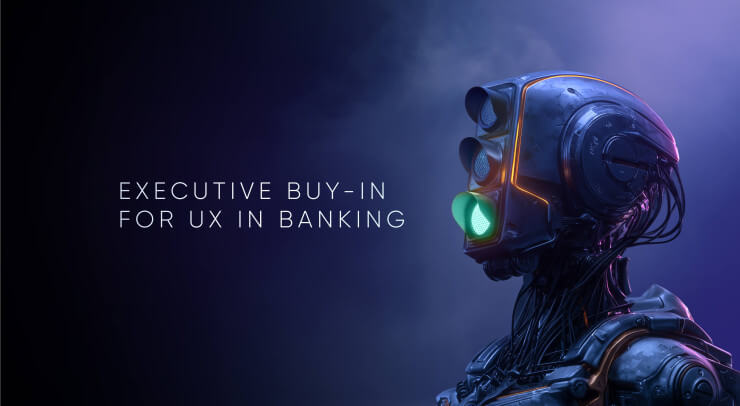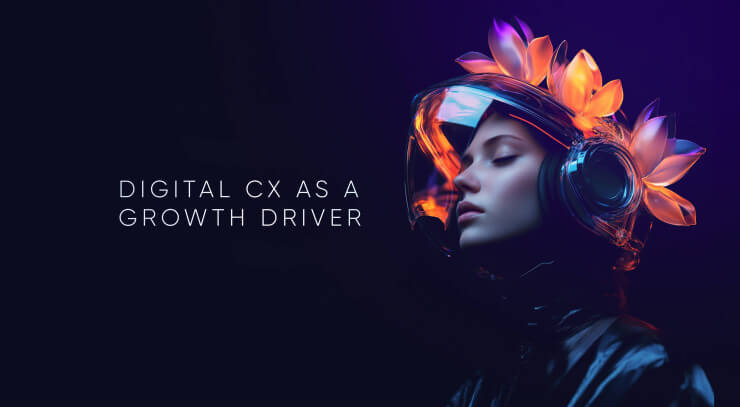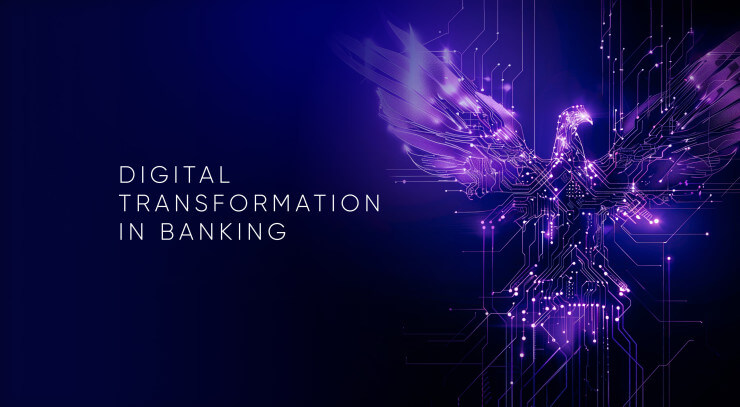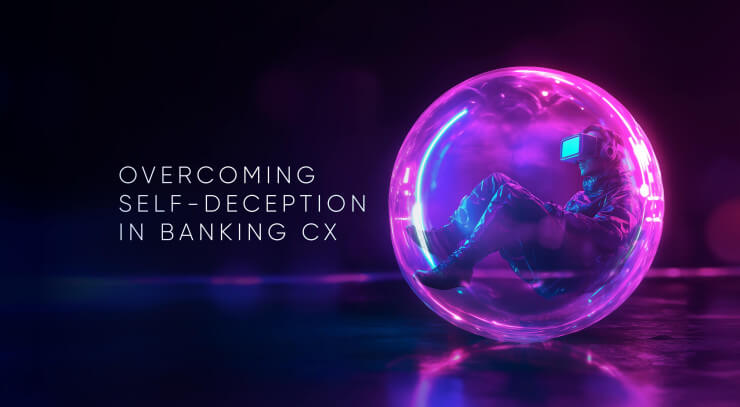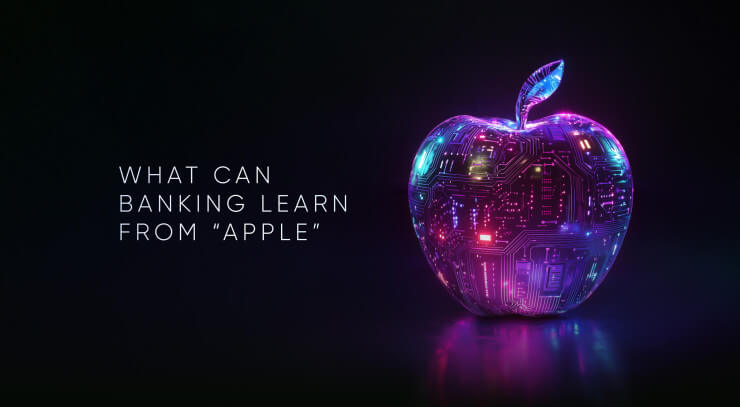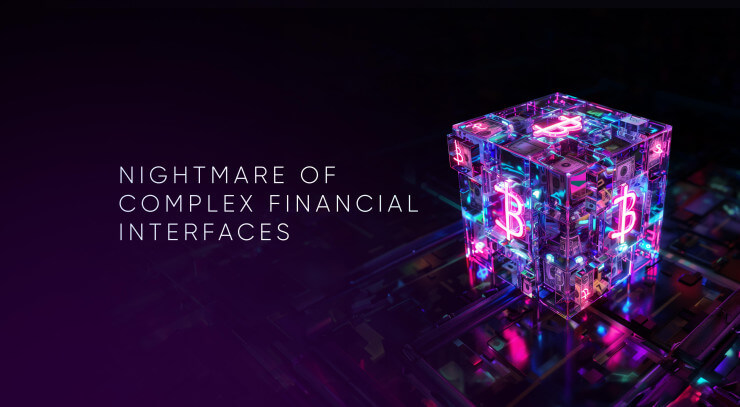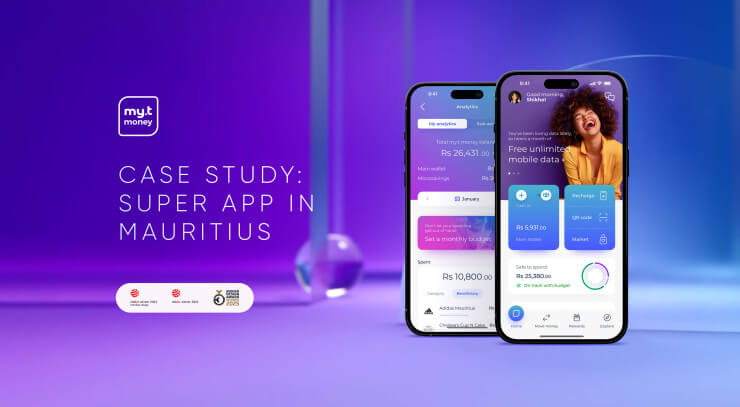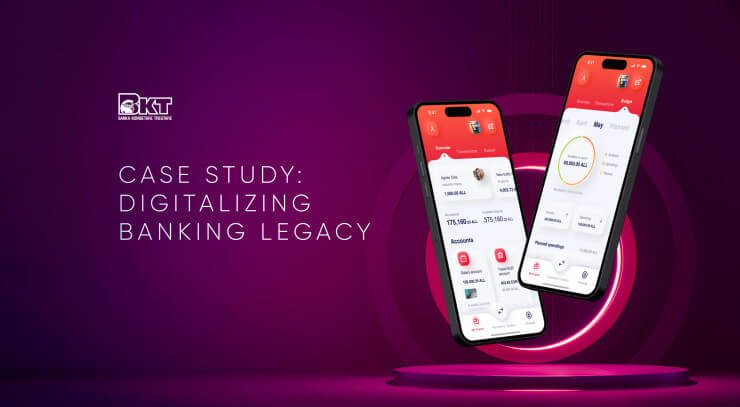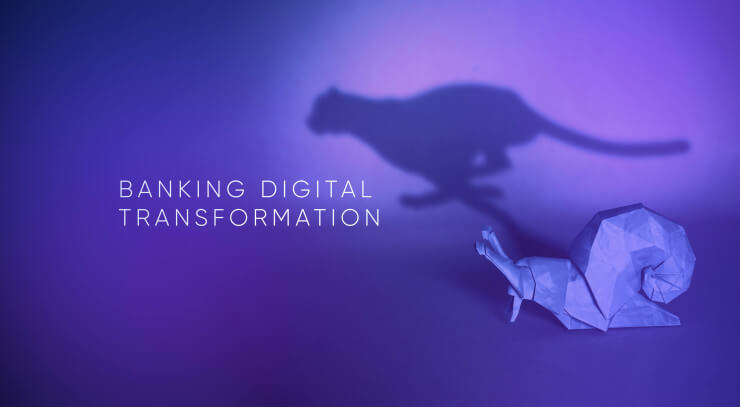What is digital banking design?
Digital banking design can be defined as follows: the design process of digital banking products for traditional banks, challenger banks and neobanks.
Digital banking design services appeared because of the digital disruption in the banking industry that forced digitization in banking. It started with internet banking solutions and continued in mobile banking and wearable banking. Now we are on the verge of immersive banking, which includes conversational banking, virtual banking and augmented reality banking.
Digital banking design services cannot be delivered by an average design agency because it requires deep domain competence and experience in banking as well as specific skills in designing digital banking solutions. The absence of this expertise could put banking design at serious risk.
The main aim of digital banking design is to architect financial services that will deliver the best digital banking user experience (UX) to customers, providing a simple and clear solution for their financial needs. So, digital banking UX becomes a key indicator of well-performed digital banking design. You can find great examples of digital banking design in such digital-only banks as Revolut, Monzo, Monese, Starling Bank, Atom Bank, N26, Tandem Bank, Curve, or in a UXDA-designed collection of financial interfaces.
Check out the best articles by UXDA about digital banking design.
Executive Buy-In as the Missing Link in Banking UX and Digital Branding
Banks don’t lose customers over rates—they lose them over experience. While fintechs set the standard for seamless UX, many banks still treat it as “just design.” This article reveals how you can get executive buy-in for UX to future-proof your digital strategy.
How Digital Customer Experience Drives Acquisition, Efficiency, and Loyalty in Financial Institutions
As traditional growth levers in financial services converge, Digital Customer Experience (DCX) is emerging as a critical competitive advantage. Digital Customer Experience is now a key growth driver in financial services. This article explores ten ways DCX impacts trust, loyalty, and long-term success.
Digital Transformation in Banking as a Branding Challenge
The most successful transformations in banking are not those that simply leverage technology, but those that seamlessly integrate powerful digital branding to create an emotional connection with customers.
Breaking Institutional Self-Deception to Improve Banking Customer Experience
Financial companies and banks worldwide are investing heavily to improve customer experience in banking. Despite these genuine efforts, many banks struggle to achieve the desired results. The culprit? Self-deception.
Perfecting Digital Banking Interfaces Through Apple-Inspired Discipline
Many banks believe that packing their apps with countless features and the latest technology will attract and retain users. However, this approach often results in the opposite effect, driving users away due to overwhelming complexity.
Digital Bank Design at Scale: Constraint for Some, System for UXDA
The world of financial services is a labyrinth of complexity, regulations and high stakes. Despite the allure of high-profile projects and substantial budgets, even the most skilled designers often hesitate to delve into this demanding sector. The primary reason?
Next-Gen Digital Banking Design: Top 10 UX Strategies Unveiled
What is the main difference between next-gen financial products and legacy services, and what do financial institutions need to create next-gent digital offerings?
my.t money UX Case Study: Banking Super App Design to Modernize Mauritius
MT challenged UXDA to envision and redesign a digital my.t money platform as an integrated financial and lifestyle service ecosystem to empower the Mauritian community.
BKT UX Case Study: How To Improve Customer Service in Legacy Bank's App
The 100-year-old bank recognized that its digital offerings have lagged behind and needed a revamp to adapt to customers' requirements. They challenged us to design an app to enhance customer service and empower clients to make smarter financial decisions.
How UX Can Help Banks Navigate the Digital Transformation Maze
Why are 78% of companies failing to achieve their digitalization goals? The digital transformation in banking must consider one key thing to succeed.
How to Find and Hire the Best Fintech Design Agency
Discover how to choose the right fintech designers for your financial company's digital product and secure a digital advantage in the highly competitive financial industry in 2023.
- 1
- …
- 3
